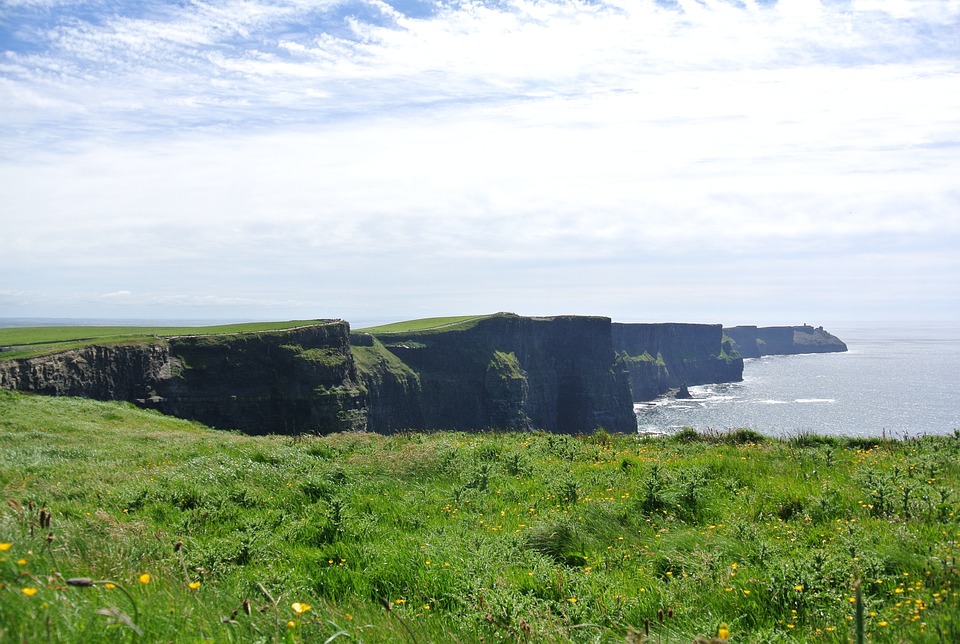
Peace and Reconciliation: The Journey to Stability in Northern Ireland
The Troubles
The region of Northern Ireland has a long and tumultuous history of conflict, most notably during a period known as “The Troubles.” This era, which spanned from the late 1960s to the late 1990s, was characterized by widespread violence and political unrest between the nationalist Catholic community, who sought to unify the region with the Republic of Ireland, and the unionist Protestant community, who desired to remain part of the United Kingdom.
The Good Friday Agreement
In 1998, after years of negotiation and mediation, the Good Friday Agreement was signed, marking a significant step towards peace and reconciliation in Northern Ireland. This agreement established a power-sharing government, known as the Northern Ireland Assembly, which gave both nationalist and unionist parties a role in governing the region.
Challenges and Setbacks
While the Good Friday Agreement brought an end to the armed conflict in Northern Ireland, the process of peace and reconciliation has been far from straightforward. Issues such as unresolved historical grievances, social segregation, and paramilitary activity have continued to pose challenges to stability in the region.
Building Trust and Understanding
One of the key components of the peace process in Northern Ireland has been the promotion of dialogue and reconciliation between communities. Initiatives such as cross-community youth programs, interfaith dialogue groups, and peace-building workshops have helped to foster trust and understanding between the different factions in the region.
Addressing the Legacy of the Troubles
Another important aspect of the peace process has been addressing the legacy of the Troubles. Truth and reconciliation commissions, memorial events, and efforts to locate the remains of missing persons have all played a role in helping to heal the wounds of the past and move towards a more stable future.
Economic Development and Social Integration
In addition to addressing the political and social aspects of the conflict, efforts have been made to promote economic development and social integration in Northern Ireland. Investments in infrastructure, education, and community services have helped to create a more stable and prosperous society.
International Support and Collaboration
The journey towards peace and reconciliation in Northern Ireland has not been a solitary one. International support and collaboration have played a crucial role in helping to facilitate the peace process. Organizations such as the United Nations, the European Union, and the Irish and British governments have all worked together to support peace-building efforts in the region.
Looking to the Future
While significant progress has been made in the journey towards stability in Northern Ireland, there are still challenges that lie ahead. Issues such as ongoing political tensions, demographic changes, and Brexit-related uncertainties will continue to shape the future of the region.
However, by continuing to promote dialogue, reconciliation, and cooperation, the people of Northern Ireland can build on the foundations laid by the Good Friday Agreement and work towards a more peaceful and prosperous future for all.
Let us hope that the journey towards peace and reconciliation in Northern Ireland serves as a beacon of hope and inspiration for other conflict-torn regions around the world.
Together, we can overcome the obstacles that divide us and forge a path towards a more stable and harmonious society.
Leave a Comment